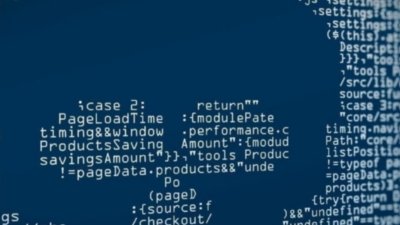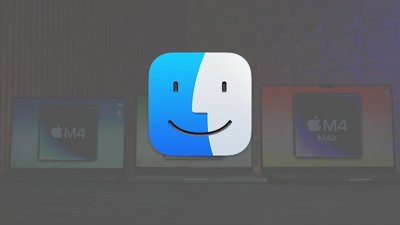Craig Federighi serves as Apple's senior vice president of Software Engineering. Federighi is responsible for overseeing the development of iOS and macOS. His teams are tasked with delivering the software that powers Apple's innovative products, including the user interface, applications, and frameworks.
While many of Apple's executives are known for being predictably buttoned-up, Federighi is known for his sense of humor.
Craig Federighi - Path to senior vice president
Federighi began his journey to Apple at NeXT, a separate company that was created by then-former Apple co-founder, Steve Jobs. While at NeXT, he primarily led development of the Enterprise Objects Framework, or EOF. In 1996, Apple would aquire NeXT, bringing both Jobs and Federighi on board.
When Apple acquired NeXT in 1996, the software was already undergoing changes. Following the acquisition, EOF became part of Apple's WebObjects, which is still integrated into Apple's Xcode development tool used today..
He remained at Apple for three years, before departing for Ariba, a Palo Alto-based software and information technology services company. While at Ariba, he held many roles, including chief technology officer.
He would eventually return to Apple a decade later, primarily to lead macOS engineering. In 2011, he succeeded the previous vice president of Mac Software Engineering, Bertrand Serlet. A year later, CEO Tim Cook would promote Federighi to senior vice president.
In 2012, when Scott Forstall departed Apple, Federighi's role expanded to include overseeing the development of iOS in addition to macOS.
Craig Federighi's public persona
Much of Apple's public image tends to be self-serious, which makes Federighi's propensity for joking stand out. While at Apple, he received the nickname "Hair Force One" and has gone on to fully embrace it, even referencing it in official Apple Events.
In addition to his hair, Federighi is known for his love of heavy metal, especially the band Rush, and his fantastic, albiet fictional, tales of his adventures with Apple's "crack product marketing team."
Federighi has been more prominent in Apple Event presentations since 2021. In 2022, he introduced iOS 16, iPadOS 16, and macOS Ventura.
In 2023, he announced iOS 17, iPadOS 17, macOS Sonoma.
In 2024, Federighi featured promenently in the opening sketch for WWDC, which showed many of Apple's team jumping out of a plane and parachuting down to the Apple campus. In that same event, he would introduce iOS 18, iPadOS 18, macOS Sequoia, and Apple Intelligence.
In Apple's "One More Thing" event, held in November 2020, a clip of Federighi "setting the mood" by waking a MacBook from sleep became an iconic Apple Event moment.
Craig Federighi - Personal life
Federighi holds a Master of Science degree in Computer Science and a Bachelor of Science in Electrical Engineering and Computer Science from the University of California, Berkeley.
During his time at Ariba, Federighi met the woman he would later marry. The couple has four children.
Interviews and Quotes
As one of Apple's top executives, Federighi often speaks to the public about Apple's hardware and software releases, as well as the company's views on important topics.
Privacy
In a 2020 interview, Craig Federighi made it clear that Apple's dedication to privacy isn't for show but because Apple believes that privacy is a fundamental human right.
"We think we're showing the way to the industry, to the customer, that they can demand more – they should expect more – about the protection of their privacy, and that we can help move the industry into building things that better protect privacy," Federighi said.
"When Apple was founded, the proposition was, 'This is the personal computer. This is your own data. That set of floppy disks that you have in the shoebox next to your Apple II – that's yours. It's not on the mainframe. It's not on the timesharing system – it's your data.
"And people at Apple, as the world has evolved, have continued to think of this as personal computing. And that the data that you create, the things you do with your computer-those are yours and should be under your control. You should be aware of what's happening with your data."
Craig Federighi talked Apple's privacy labels in a separate interview in December 2020.
"[Labels] are the start of something really ambitious," he said. "The work we're doing here we view in the context of providing leadership to the industry, raising users' expectations of what they should expect and demand in privacy.
"We absolutely expect that others in the industry will respond to the heightened expectations and demands of customers and improve privacy – and we think that's great. This is one category where if they want to copy some of our best ideas toward improving user privacy – we embrace that."
In a November 2020 interview, the executive defended Apple's App Tracking Transparency (ATT) feature debuting in iOS 14.5. He alleged the move was consistent with Apple's core values, and that he believed it ultimately won't damage advertisers as much as has been claimed.
"We introduced intelligent tracking prevention, several years ago, and at the time, parts of the ad industry were saying that the sky was going to be falling in and that their business was going to be destroyed by the fact that they couldn't track everyone from website to website to website.
"Well, in fact, if you look at what happened to the industry, that didn't happen at all. And yet we also protected user privacy."
Apple Silicon Transition
Craig Federighi had some thoughts about iOS 14 in a June 2020 interview following its announcement.
"Those of us who do know about what's coming [are] very excited," said Federighi. "But you can imagine Apple would not go down a path like this without feeling like that it was a tremendous step for the Mac in the future. We're excited to tell the full story ... but right now hopefully developers know enough to both be excited and compelled to get on board and do their part.
"Even that [Developer Transition Kit] hardware, which is running on an existing iPad chip that we don't intend to put in a Mac in the future, it's just there for the transition, the Mac runs awfully nice on that system.
"It's not a basis on which to judge future Macs, of course, but it gives you a sense of what our silicon team can do when they're not even trying. And they're going to be trying."
He would fight against the notion that Apple Silicon is only about customer lock-in, "I think those guys are being total tools, honestly," said Federighi. "I mean, I don't know how they can even begin to come up with that theory. I get people coming up asking if we can still launch Terminal? Yes, you can. These Macs are Macs. We're not changing any of this."
On running Windows on ARM Macs, he said, "We're not direct-booting an alternate operating system. The fact that we mentioned virtualization in the keynote was partly a nod to people's interest in the topic."
When asked in a separate interview about virtualized Windows support in Apple Silicon, he said, "that is really up to Microsoft." He added, "We have the core technologies for them to do that, to run their ARM version of Windows, which in turn of course supports x86 user mode applications. But that's a decision Microsoft has to make, to bring to license that technology for users to run on these Macs. But the Macs are certainly very capable of it."
In November 2020, Federighi said that processor specifications "typically bandied about in the industry" have stopped being a predictor of real-world performance.
"Architecturally, how many streams of 4k or 8k video can you process simultaneously while performing certain effects? That is the question video professionals want an answer to. No spec on the chip is going to answer that question for them.
On people nitpicking at Apple's choice of the first Macs to run the M1 chip, he said, "It seems like some of these people were people who don't buy that part of our product line right now are eager for us to develop silicon to address the part of the product line that they're most passionate about. You know that their day will come. But for now, the systems we're building are, in every way I can consider, superior to the ones they've replaced."
iPadOS
In an interview following WWDC 2019, Federighi discussed Apple's rebranding of iOS on the iPad to iPadOS.
"It's become a truly distinct experience," he said. "It's not an iPhone experience. It's not a Mac experience. The name is a recognition of that."
"We've expanded the domain where people can say the iPad is the best solution."
Federighi added that while he uses both iPad and Mac for his work, as he manages teams that produce software for both platforms, he's spending more time on a personal level with an iPad.
Apple Product Development
In a 2013 interview, Craig Federighi said, "I think it's a unique statement about Apple's values in product development that it is taken as a given among everyone on the team that we will go to the most absurd lengths seemingly to get something just right, to solve, to do the level of architecture work that normally would constitute the most critical element of a product. But we'll focus that amount of energy and more to say, 'That blur has to be just right. That detail has to be just right.'
"OK, I'm a technology freak. But I think probably if someone mapped my brain, you would find that there were moments when I lit up the love pattern in my neurons in association with our products. I mean, literally, there is love, and I think that is true of many of our customers. I think when we build something we love and that others love, then we have done our job."
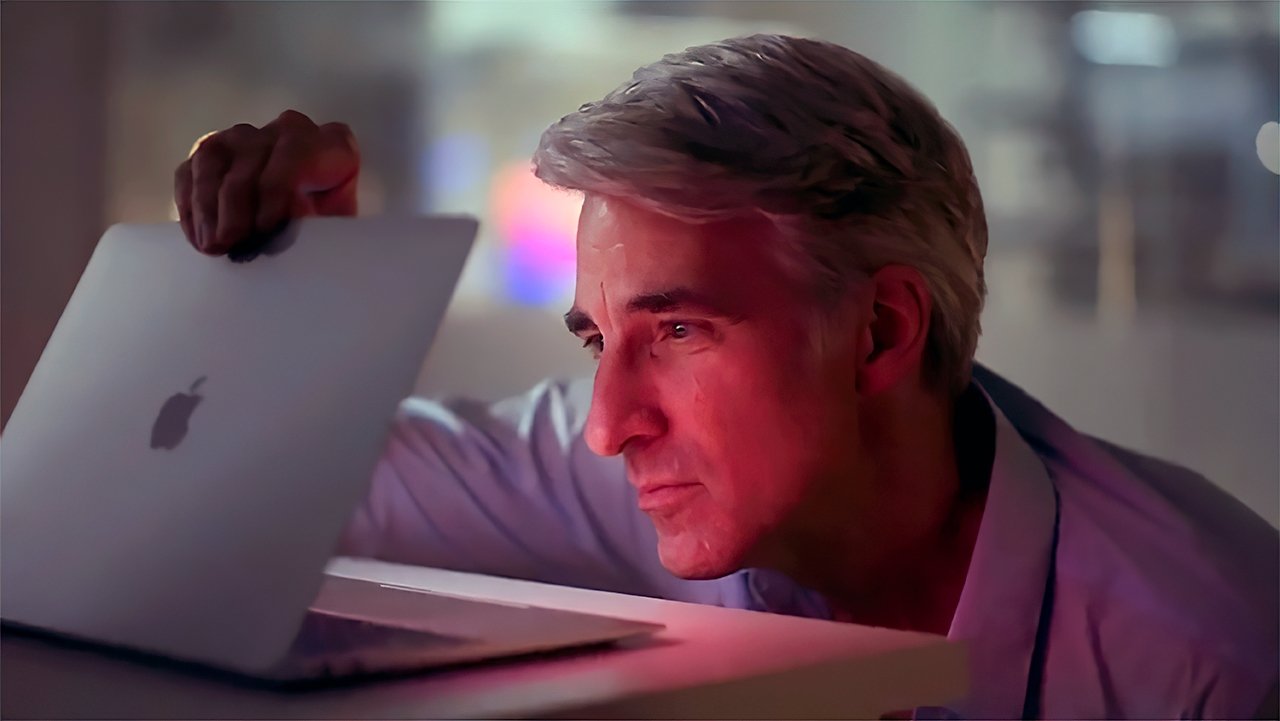
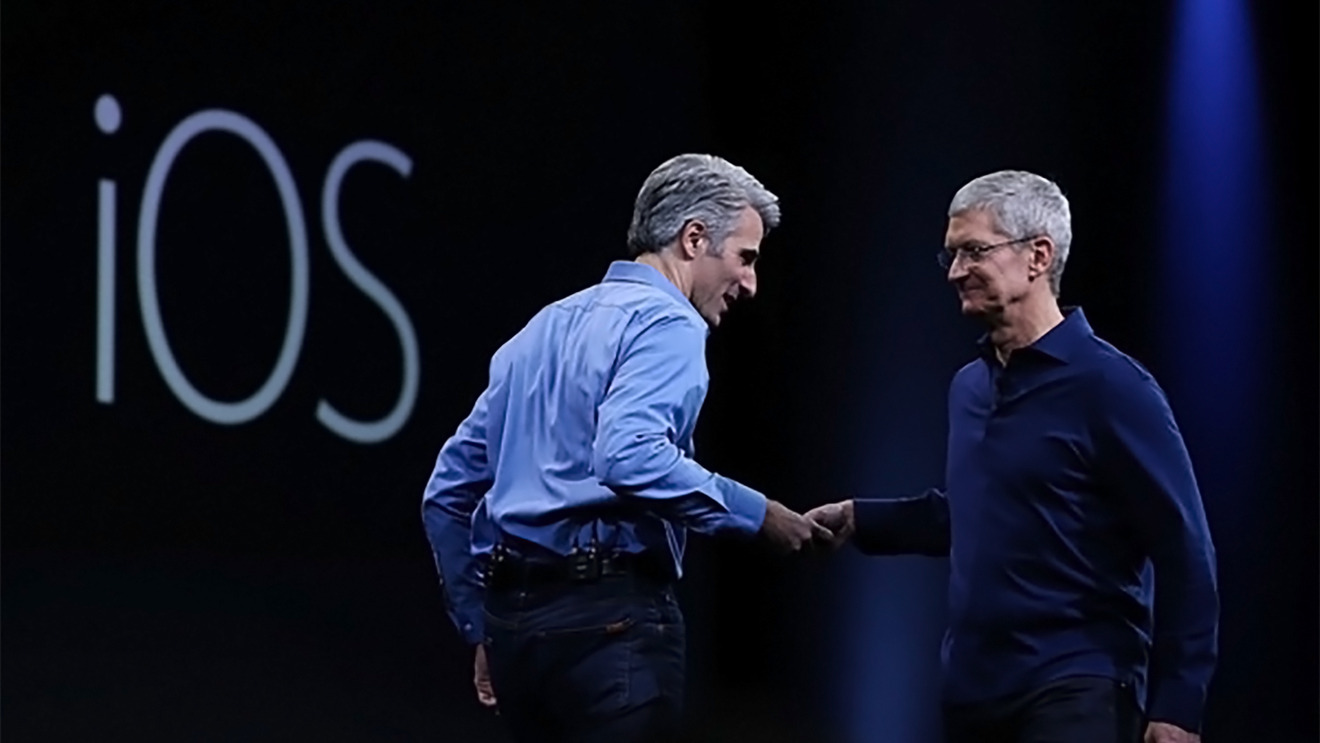

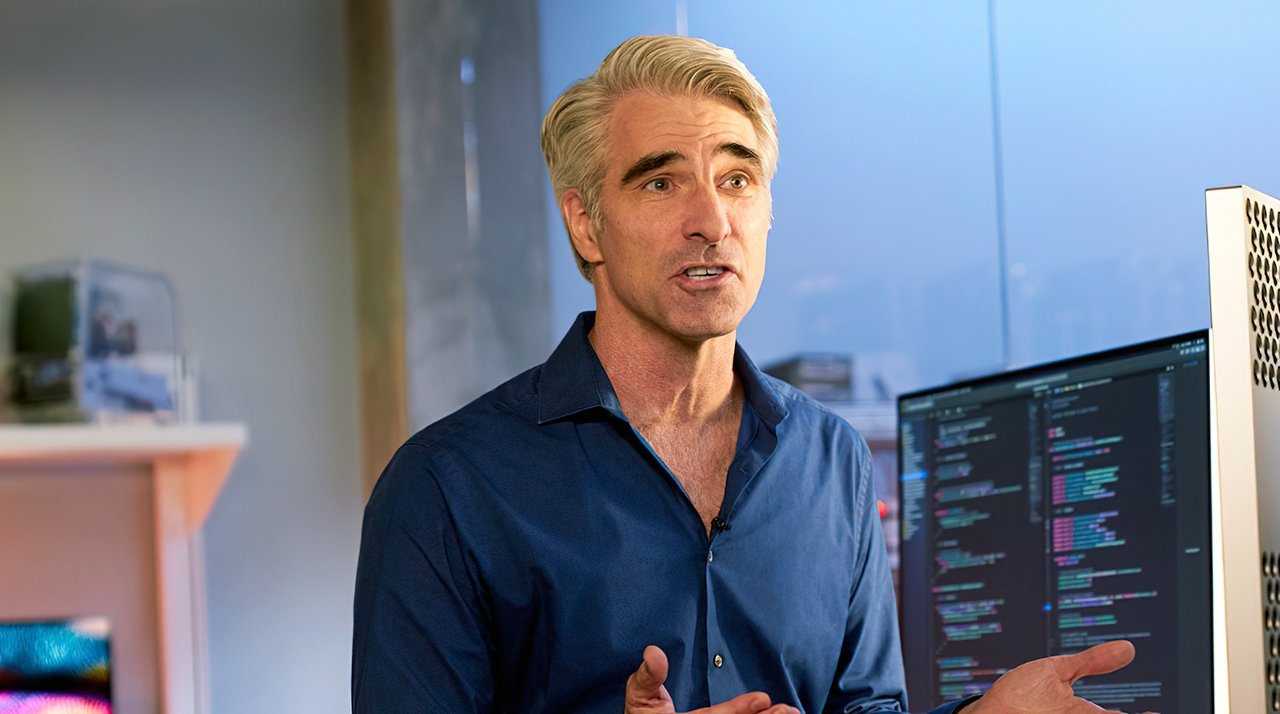
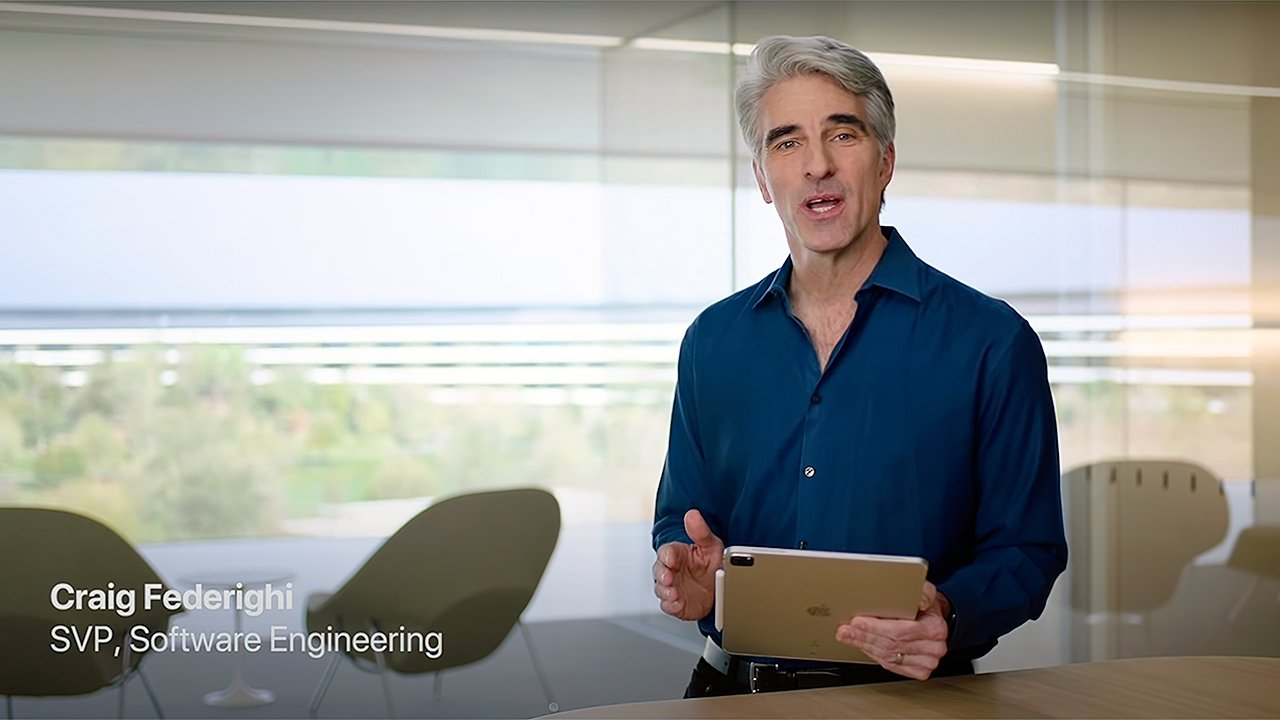
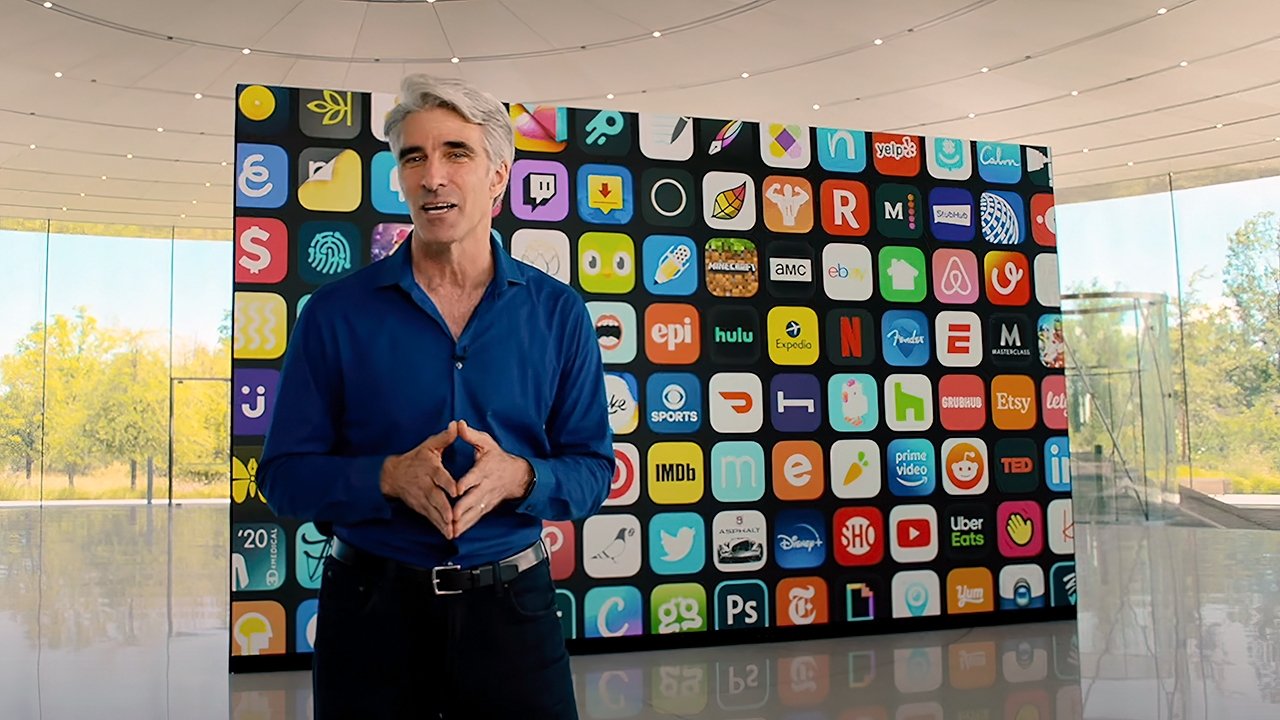
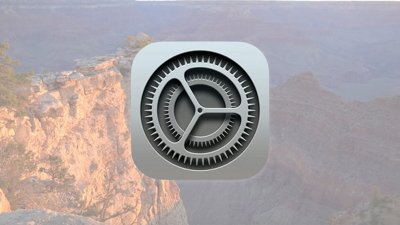
 Chip Loder
Chip Loder
 Malcolm Owen
Malcolm Owen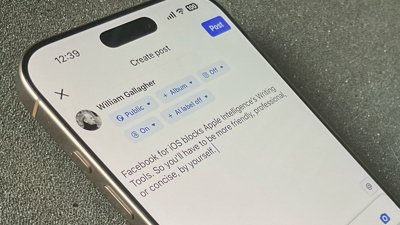
 William Gallagher
William Gallagher
 Wesley Hilliard
Wesley Hilliard
 Marko Zivkovic
Marko Zivkovic

